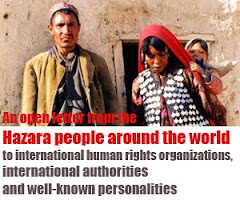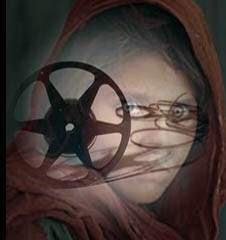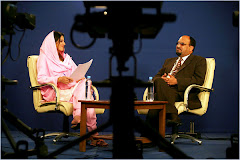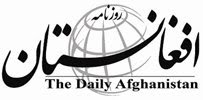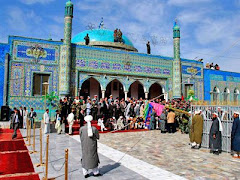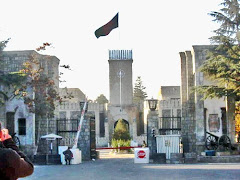Filmmakers and producers also attended the screening, with some guests giving speaches about the film. Attendees included Razi Mohebi, Ali Mohammadi, Soheila Mohebi, Reza Intezar, Ali Haqjo, Ali Hazara Lal, Mohammad Ali Zada, Ali Karimi, Hanif Elham and Abdul Rahim Danish, among others.
Most participants praised the film, calling it one of the best films made by a first-time filmmaker after the fall of the Taliban, and one of the best to deal with the effects of that conflict on children.
The twenty-six minute film tells the story of Homa, a seven-year-old Afghan girl who lives with her brother Homayoon and their ailing, widowed mother in the ruins of post-war Kabul. Inspired by her mother’s stories of a poor young boy’s treasure hunt, Homa goes on her own search through the wreckage for mythical riches. She finds only objects left over from the conflict. As her mother succumbs to tuberculosis from her years as a weaver, Homa burns and buries these remnants of war and destruction.
Aqela Rezayee, a leading Afghan actress who has played in films by the Makhmalbaf Film House, plays Homa’s mother. Glittering in the roles of the children are Asifa Abdul Hussaini, Azizullah Jafari and Metra Wahidi, the director’s younger sister.
Representing the cinema of Afghanistan to an international audience, the film is scheduled for screenings at the EIUC Summer School on Cinema and Human Rights and the 64th Venice International Film Festival. The Festival will be held on the Venice Lido August 29 to September 8, 2007.
Amin Wahidi plans to direct and produce two films in
In addition, Wahidi’s organization Deedenow Cinema Filmmaking Production plans to produce 25 short films in 2008-2009, each running between 7 and 15 minutes, dealing with various themes and subjects.
Deedenow presents this as an opportunity for young Afghan filmmakers to get their first (or second) pictures made, and has distributed a call for screenplays. The organization also seeks international co-producers for these films.
editorial assistance- Nathan Hartle







